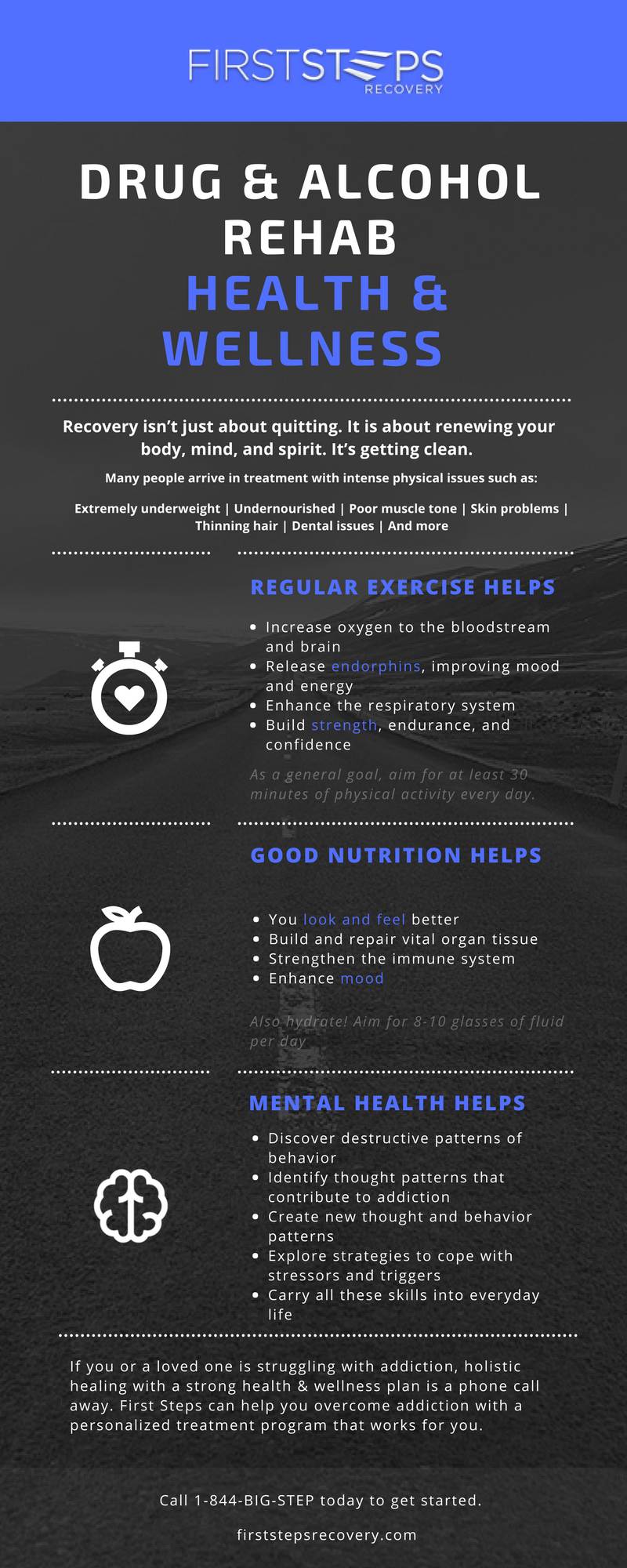Checking Out The Scientific Basis Of Treating Drug Addiction
Checking Out The Scientific Basis Of Treating Drug Addiction
Blog Article
Write-Up By-MacKinnon Johnsen
Imagine Drug addiction treatment as an intricate challenge, with each piece standing for a various element of the clinical strategy to combating substance abuse.
From the intricate workings of the brain to the influence of ecological elements, the scientific research behind addiction therapy unveils a multidimensional point of view that overviews efficient interventions.
Recognizing how organic, mental, and social components intertwine in the therapy process can provide invaluable insights into cultivating lasting recovery.
By deciphering the scientific research behind Drug addiction treatment, you will acquire a much deeper gratitude for the detailed techniques utilized in resolving this pervasive issue.
Biological Consider Dependency Treatment
When addressing organic factors in dependency treatment, it's vital to comprehend exactly how the body's chemistry affects the effectiveness of interventions. The means materials interact with your brain's natural chemicals plays a considerable role in addiction growth. For example, medications can pirate the mind's reward system, causing yearnings and compulsive drug-seeking behavior. Recognizing these chemical refines aids in customizing treatment methods like medication-assisted therapy to target specific natural chemical imbalances.
Furthermore, hereditary variables can additionally influence exactly how your body responds to specific compounds, influencing your vulnerability to addiction. By thinking about these organic facets, health care professionals can individualize therapy strategies that resolve the special needs of individuals fighting dependency, eventually increasing the possibilities of successful recovery.
Psychological Treatments for Addiction
Understanding the psychological treatments for addiction is essential in matching the organic elements attended to in therapy plans. Here are three crucial mental interventions that play a vital function in dependency treatment:
1. ** Cognitive-Behavioral Treatment (CBT): ** This therapy helps you identify and alter negative thought patterns and habits associated with substance abuse.
2. ** Motivational Interviewing (MI): ** MI is a therapy method that helps you discover the inner inspiration to change addictive actions.
3. ** Mindfulness-Based Treatments: ** These methods focus on raising your understanding of yearnings and causes without judgment, assisting you manage them successfully.
These emotional interventions function together with biological therapies to provide an extensive technique to addiction recuperation.
Social Assistance and Recovery in Dependency
Social assistance plays a crucial role in dependency recovery, giving individuals with the necessary inspiration and help to navigate the obstacles of overcoming chemical abuse. Having How Can Drug Addiction Be Prevented California can dramatically raise the probability of effective recovery from dependency. Friends, relative, support system, and therapists all contribute to developing a network of support that can aid you remain motivated and focused on your journey to sobriety.
Social connections can supply understanding, compassion, and practical assistance during tough times, functioning as a source of stamina and guidance. By surrounding yourself with positive and encouraging people who count on your capability to recover, you can enhance your resilience and dedication to remaining substance-free.
Final thought
So, you've learnt more about the science behind Drug addiction therapy. By understanding the biological, emotional, and social aspects at play, you can see how thorough therapy is necessary for recuperation.
Keep in mind, addiction is a monster that can be tamed with the right tools and support. Maintain fighting Where To Get Help For Drug Addiction California , since you're stronger than any kind of obstacle in your method.
